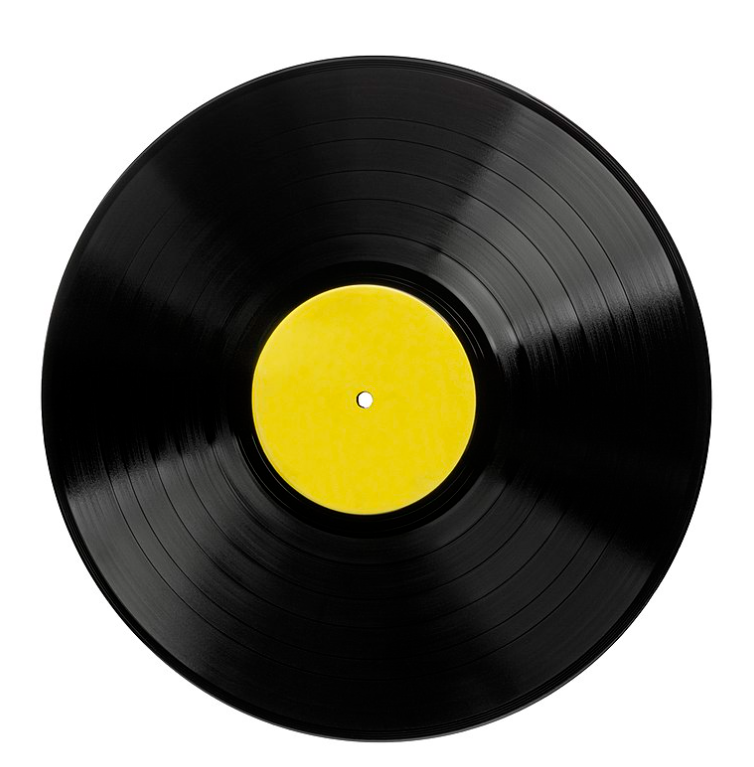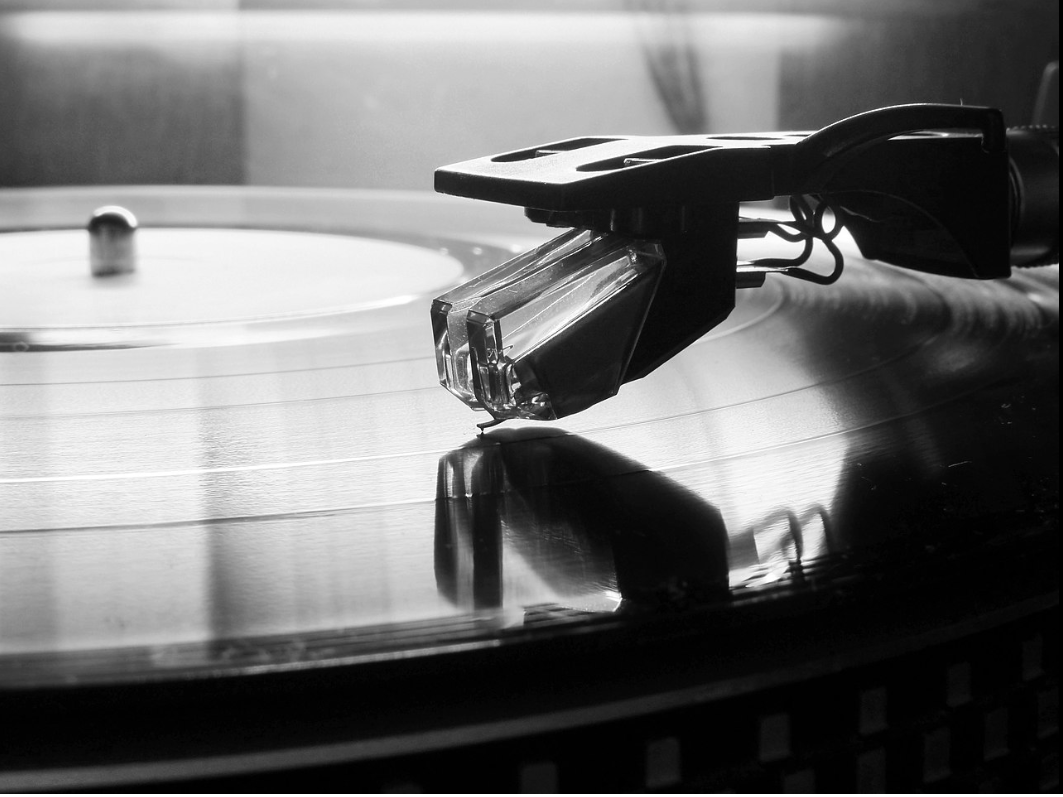Photo courtesy of Wikipedia
Records are nostalgic, but rarely would anyone suggest the sound is better, or is it? Is hearing the scratching part of the quality? Is struggling to place a needle over a spinning disk part of the joy? Is flipping the platter after half the songs are played extra fun? Playing vinyl records has surged in popularity even though digital music is cheaper, clearer and more convenient.
Vinyl records have been around for over a century, but they have recently seen a resurgence in popularity. Despite the digital age we live in, vinyl records have become a beloved format for music lovers, DJs, and collectors alike. In this article, we will explore the modern use of vinyl records and why they continue to be a popular choice for music enthusiasts.
First and foremost, vinyl records offer a unique listening experience. Unlike digital music, vinyl records have a warm, rich sound that many people find more authentic and enjoyable. This is due, in part, to the analog nature of vinyl records, which captures sound in a way that digital music cannot. Additionally, the physical act of playing a vinyl record, which involves placing the needle on the record, creates a tactile experience that many people find satisfying.
Photo courtesy of Wikipedia
Vinyl records are also popular among collectors. Many people enjoy the thrill of hunting for rare or limited edition records, and collecting vinyl has become a popular hobby. Record stores, both online and brick-and-mortar, have seen a resurgence in business as vinyl sales have increased in recent years.
For DJs, vinyl records are an essential tool. Many DJs prefer to use vinyl records to mix and scratch, as they offer a level of control and precision that digital music cannot match. Additionally, the act of physically manipulating a vinyl record can add a level of creativity and spontaneity to a DJ's set.
The resurgence of vinyl records has also had a positive impact on the music industry. Many artists are now releasing their music on vinyl, both as a nod to the format's history and as a way to connect with fans who appreciate the physicality of music. This has led to an increase in album sales and revenue for the industry as a whole.
However, there are some downsides to vinyl records. They can be expensive to produce, which means that they often cost more than digital music or CDs. Additionally, the physical nature of vinyl records means that they are more susceptible to damage and wear over time.
Despite these drawbacks, vinyl records continue to be a beloved format for music enthusiasts. The unique listening experience, the thrill of collecting, and the essential role they play in DJ culture all contribute to their enduring popularity. As the music industry continues to evolve, it's clear that vinyl records will remain an important part of the modern music landscape.




